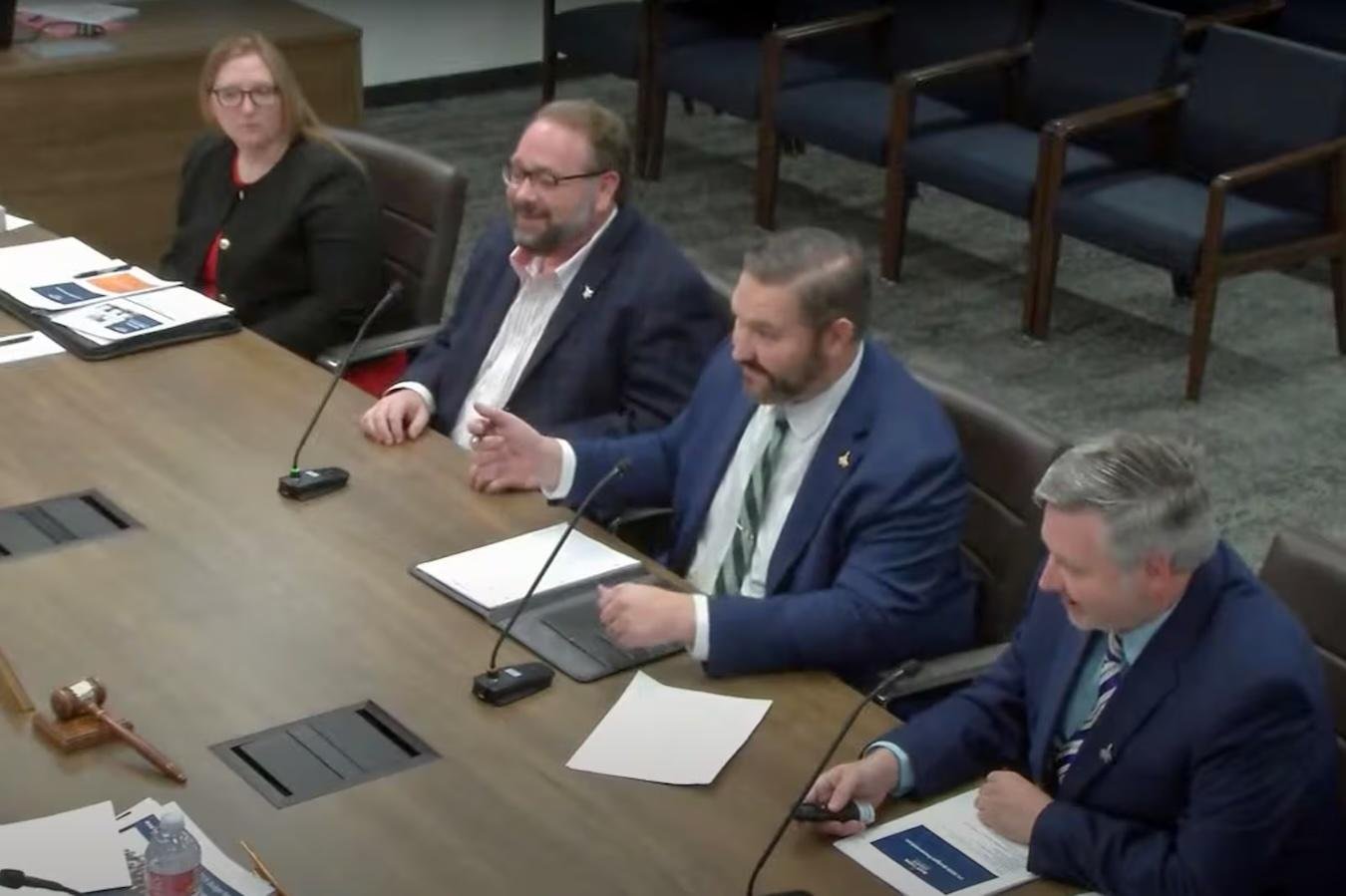arizona
Maricopa County Recorder Takes Legal Action Against Supervisors Over Election Authority

This article was originally published by Votebeat, a nonprofit news organization covering local election administration and voting access.
Maricopa County Recorder Justin Heap has initiated a lawsuit against the county’s board of supervisors. He alleges that they are unlawfully attempting to take control of the election process. The lawsuit, filed by the Trump-aligned group America First Legal, claims that the supervisors are trying to establish near-total dominion over how elections are administered.
Heap asserts that he seeks control over the information technology staff managing the county’s voter registration system. He contends the board has restricted his access to essential areas of the elections building crucial for early voting coordination.
This legal dispute arises in the wake of an ongoing conflict about election oversight between Heap, a Republican who assumed office in January, and the Republican-led board. The discord raises concerns regarding their cooperation, especially in a county under close scrutiny during election cycles.
In response, Maricopa Supervisors Chairman Thomas Galvin and Supervisor Kate Brophy McGee issued a joint statement. They categorically denied the allegations of denying Heap’s IT access and not funding necessary operational expenses, calling the lawsuit “absurd” and criticizing Heap’s approach to governance.
The dynamic between Heap and the supervisors has deteriorated following months of negotiations. Under Arizona law, recorders typically oversee voter registration and early voting, while supervisors manage Election Day operations. Collaboration is vital for effective election administration, yet tensions have simmered since Heap’s tenure began.
Heap previously criticized the county’s election system, branding it a “laughingstock” and emphasizing election integrity as a key platform. Upon taking office, he rejected existing agreements governing election operations, claiming the previous administration had encroached on his legal responsibilities. Since then, he has accused the supervisors of failing to negotiate adequately.
Despite claims of good faith negotiations from the supervisors, the relationship soured rapidly. After a provisional agreement nearly materialized in April, Heap requested outside counsel, indicating a desire for further modifications. Supervisors publicly detailed their discussions with Heap, releasing relevant emails to clarify their position.
On May 15, Heap submitted a draft agreement proposing extensive changes. Notably, it would have granted him oversight of early in-person voting, previously managed by the supervisors. His proposal also sought control of the IT team responsible for the voter roll system.
Supervisors estimated that implementing Heap’s draft plan could increase costs by $15 million, as it would necessitate significant system changes. Ultimately, they did not include this additional funding in their budget, but hope for resolution lingered as discussions progressed.
Heap’s lawsuit notes that the supervisors formally rejected his proposal on May 23, exacerbating the ongoing discord.


















